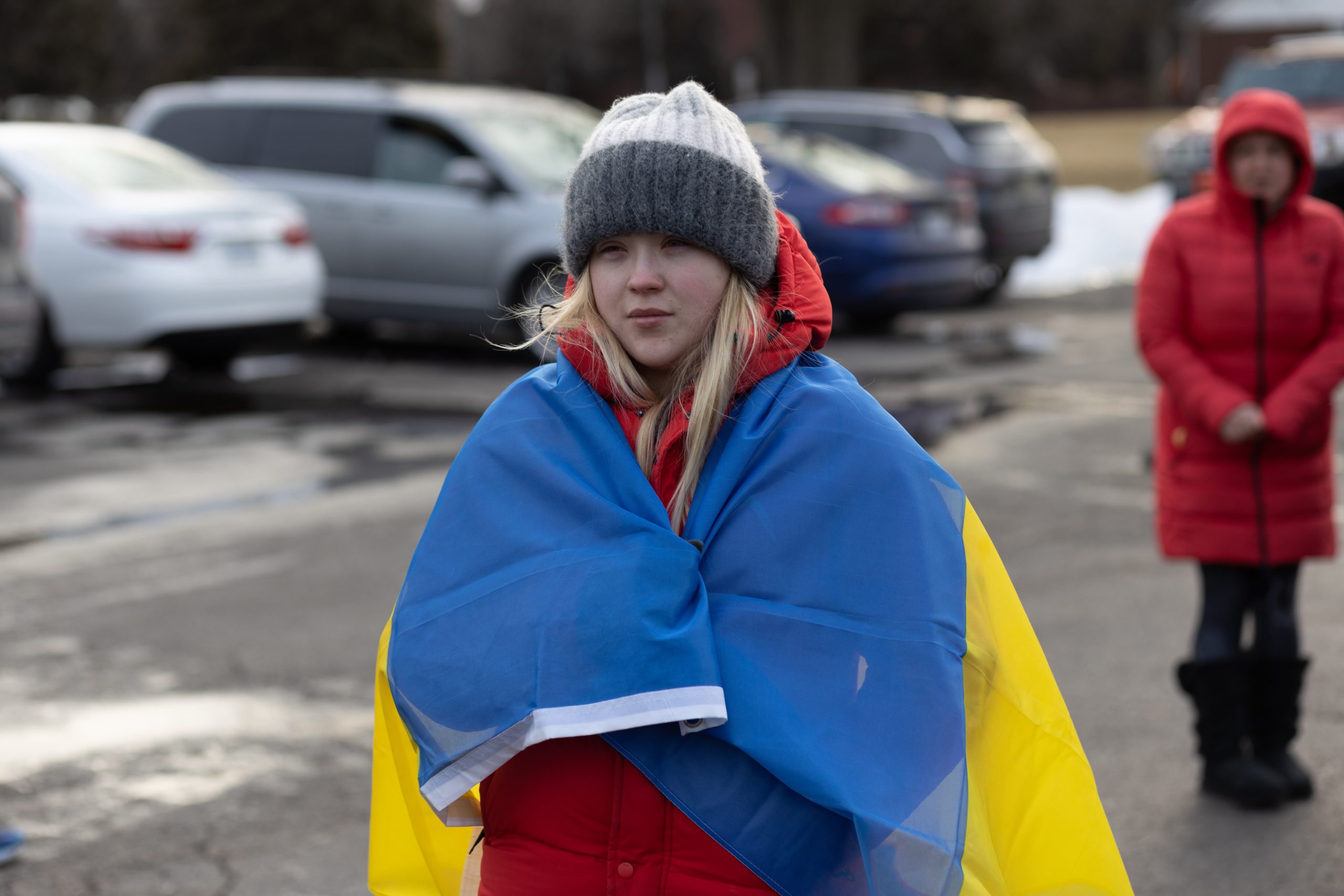Ukraine 2023: What are the challenges to uphold children’s rights during the conflict in Ukraine?
Since the start of the conflict, children’s rights have been negatively impacted at an enormous scale in all areas including basic human rights, displacement, alternative care, and right to education.
This article has been informed by input from Eurochild members in Ukraine and served as Eurochild contribution on Ukraine to the Enlargement Package 2023 consultation.
Since Russia’s invasion of Ukraine, children’s rights have faced devastating setbacks: over 1,411 Ukrainian children have suffered tremendously from Russia’s aggression as of April 1, 2023. There have been 467 deaths, over 944 child injuries, and over 5.6 million children have been displaced since the war began, more than half of the country’s estimated child population.
Inequalities have deepened and virtually all rights, including rights to survival, life, health, and food and water access have been violated. Despite Articles 51(4)(a) and 51(5)(b) of Additional Protocol I to the Geneva Conventions on the Protection of Civilian Persons in Time of War, the Russian army has targeted civilians, damaged civilian infrastructure, and directly caused deaths and injuries of children. The war escalation since February 24, 2022 challenges the implementation of every child’s right defined by CRC.
Article 19 of the UN Convention on the Rights of the Child guarantees protection of the child from all forms of physical or psychological violence, injury or abuse, neglect or negligent treatment, maltreatment or exploitation by carers. However, in the conditions of war, children experience various forms of violence, lose stable and safe family environments, become forced migrants and refugees, and are exposed to numerous threats.
According to the Ombudsman for Children's Rights in Ukraine, Daryna Herasymchuk, 19.5 thousand Ukrainian children have been deported and deprived of their right to identity, which includes citizenship, name and family ties (Article 8), right to speak their Ukrainian language, and contacts with others outside occupied territory.
Child trafficking has increased and there are more child deportations to the Russian Federation as a result of the war.
The long-term mental health effects of war could impede children’s ability to fully participate in everyday life. Negative mental health effects on children are already evident.
Significant numbers of children have been left without access to critically important medical services. Medical personnel are lacking as a consequence of mobilisation.
Educational access has been severely impacted: as of February 2023, 2660 education institutions have been attacked and 438 destroyed.
1,051 children living in vulnerable families face increased need for support, and urgent and immediate actions are needed to protect 126 children whose parents/legal guardians neglected their needs and risk cruel treatment. Measures to prevent violence against children in Ukraine are informal and not systemic. There is a lack of data and research on child violence.
Before the war, almost 100,000 children were in alternative care and this has only increased further. 24,000 have been reunited with their families without necessary support or follow-up. Almost 80% of these children have special educational needs requiring support. Many children have been evacuated to other countries. The implementation of the National Strategy on Reform of the Institutional Care System 2017-2026 has been significantly limited due to setbacks. However, the war can lead to the rebuilding of sustainable child protection and care systems with the aid of EU financial and technical support for a national care reform strategy and action plan.
In the beginning of 2021, there were 163,900 children with disabilities often subject to neglect, limited resources, poor care quality, and harmful practices. With the war, there are now even more children with physical disabilities, developmental disorders, and emotional disorders. There is an insufficient number of medical support including medicines, institutions, services, and financial support for children with disabilities.
Children with disabilities in Ukraine are in a particularly vulnerable situation during the war, facing discrimination and exclusion from social life. Due to limited transportation accessibility, many cannot participate in general events and activities. In conflict zones, they face increased risks of injury and trauma.
As for safety in the digital environment, despite research from “Child Sexual Abuse Online” that 95% of school-aged children have internet access, the National Strategy 2021-2026 on Child Protection in the Digital Environment has never been adopted.
Further reading: Contribution to the European Commission Consultation on Fighting Human Trafficking




